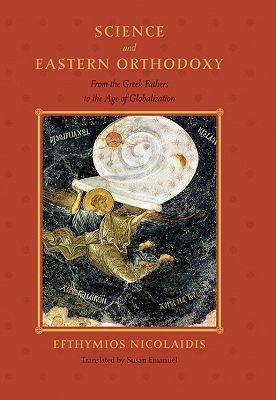
This pioneering study traces a rich history over an impressive span of time, from Saint Basil’s Hexameron of the fourth century to the globalization of scientific debates in the twentieth century. Efthymios Nicolaidis argues that conflicts between science and Greek Orthodoxy—when they existed—were not science versus Christianity, but rather ecclesiastical debates that traversed the whole of society. Nicolaidis explains that during the Byzantine period, the Greek fathers of the church and their Byzantine followers wrestled passionately with how to reconcile their religious beliefs with the pagan science of their ancient ancestors. What, they repeatedly asked, should be the church’s official attitude toward secular knowledge? From the rise of the Ottoman Empire in the fifteenth century to its dismantlement in the nineteenth century, the patriarchate of Constantinople attempted to control the scientific education of its Christian subjects, an effort complicated by the introduction of European science in the seventeenth and eighteenth centuries. Science and Eastern Orthodoxy provides a wealth of new information concerning Orthodoxy and secular knowledge—and the reactions of the Orthodox Church to modern sciences.
Published by: The John Hopkins University Press
An excellent contribution to college library world history and religious studies shelves. – (James A. Cox Midwest Book Review )
